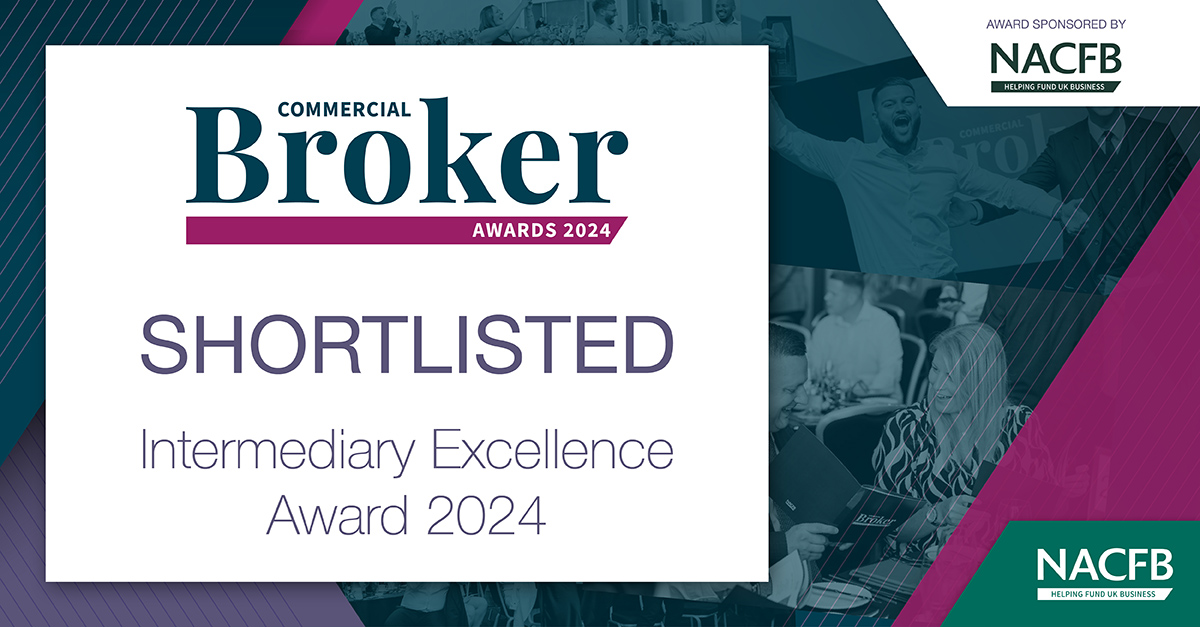“Sorry We Won’t Invoice a Lender Not on Our Panel”
I’m sure you hear this on a regular basis as motor dealers and now manufacturers want to control the cost of finance to consumers.
Whilst we point out that their stance flies in the face of Treating Customers Fairly (TCF) and more recently the Consumer Duty, not to mention competition rules, the same dealers and manufacturers obviously see themselves above the rules. On several occasions when I have questioned this policy and explained that they were disadvantaging the consumer and breaching rules I have been rebuffed with statements like “Go ahead, tell the FCA they can’t do anything about it”.
The problem is, they are actually right, in the respect that no one is stepping in and stopping them. I have reported countless occasions where the dealer has refused to invoice a lender offering the consumer a better deal than the dealer, but it does appear to fall on deaf ears. So, dealers continue to refuse to invoice lenders not on their “approved panel” and the consumer has to pay more for finance than they should have.
In January 2021 the regulator introduced new rules removing discretionary commission models in motor finance, their intention was to stop motor brokers from influencing the price the consumer had to pay. The idea was based on sound foundations, but they missed the fact that competition was being stifled by dealers and manufacturers controlling pricing for all the reasons mentioned above. Ironically, the new rules had the effect of making the same dealers and manufacturers double down on their policy and become even more restrictive with who a consumer could deal with.
Previously the dealer would agree to invoice the consumer directly and allow the consumer to pay them directly. Many lenders, in order to enable consumers to access their facilities, agreed to allow the consumer to receive the invoice and then the lender would pay the dealer on behalf of the consumer. Dealers realised what was happening, and now return funds received from lenders, stating that the funds can only come directly from the consumer, or from a lender on their “approved panel”.
I have entered into dialogue with many “Heads of Compliance” within Dealer groups and even the Principal firms responsible for dealers that are Appointed Representatives, their stance is that the dealer can deal with whoever they want. I don’t actually disagree with that stance if they are purely the supplier, but the minute they are an authorised firm acting as the credit broker, they have to abide by the principles and rules of the regulator, but they appear to believe that is not the case.
When I questioned the same compliance people about the fact they were controlling the finance the consumer could use, they disagreed, they stated that the consumer could pay cash, they could pay for the car on a credit or debit card or they could take out a bank or personal loan. If I am completely honest, I was astounded by these responses. When the value of most new cars is in excess of £30,000 suggesting a consumer can pay cash, I would argue is speaking for very few purchasers. Similarly, suggesting that a consumer could use a credit card, in my opinion, is irresponsible. Finally, suggesting a bank or personal loan is questionable because most bank and personal loan providers cap out at around £25k. So, whilst they won’t admit they are controlling the finance the consumer can access, the reality is they are.
It will be interesting to see how these dealers, manufacturers, and more importantly the lenders on their “approved panel” will react to the introduction of the Consumer Duty because there is an obligation on all authorised firms in the distribution chain to consider the financial goals and the consumer outcome. There will be a greater responsibility for the lender to ensure the practices of the dealer are in line with the expectations of the regulator.
There is also an obligation defined in PRIN 2A.9.17 for any authorised firm in the distribution chain to report to the regulator other firms in the same chain that are not complying with Principle 12 and PRIN 2A. So, for the first time a broker with be obligated to report what the FCA, what they have described as “sludge practices” – Firms creating “barriers” and “friction” to stop consumers accessing the financial products they want.
It will be interesting to see how the regulator, on the back of this new obligation to report bad practices, will respond when they start receiving more and more reports from brokers highlighting the practices of dealers and manufacturers. It will also be interesting to see how the dealers “approved” lenders react when their dealers are subject to reports of “sludge practices.”
There is also a question that the regulator needs to consider, one of its’ stated objectives is promoting competition for the benefit of the consumer. How can a practice that stops the consumer from accessing alternative finance, resulting in the same consumer only having access to the invariably limited offering of the dealer or manufacturer promote competition for the benefit of the consumer?
My final question is this: if this is allowed to continue, where will it stop? If you go to a new house builder, will they be able to state that you can only get a mortgage through a lender on their “approved panel”? I know it sounds ridiculous, but that is exactly what is happening in the motor finance market.














